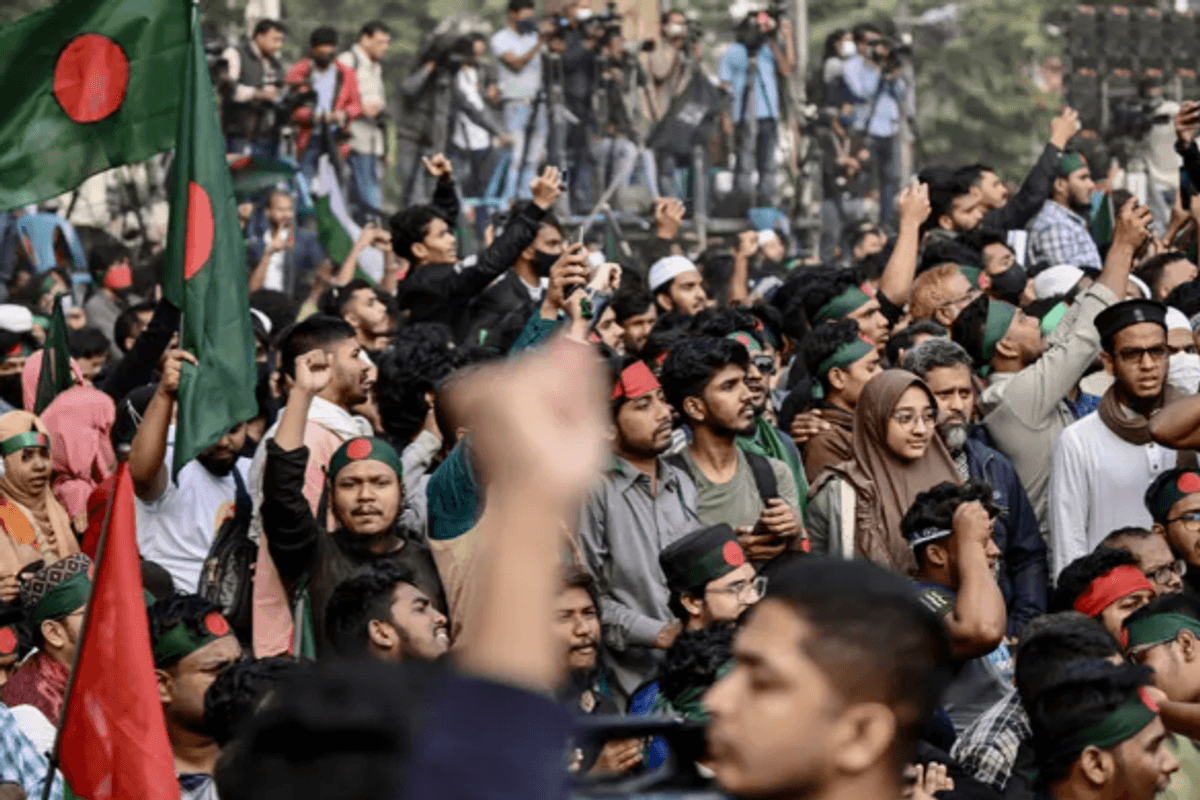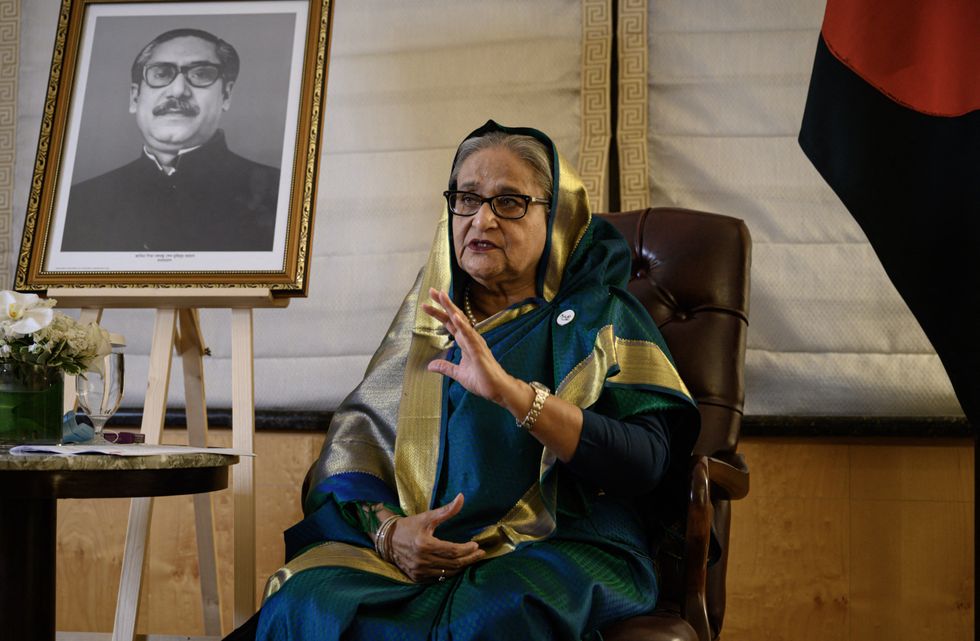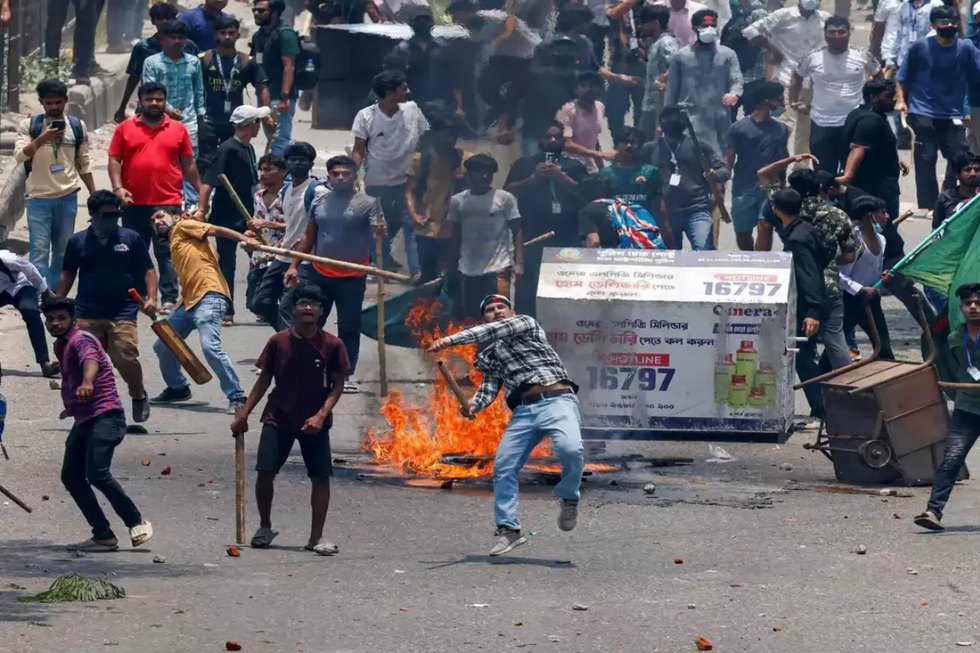Bangladesh saw surge of mob killings in 2024: rights groups
Country records 128+ mob killings in 2024, 75% after Hasina's exit
AFP
News Agency Partner
AFP is a renowned international news agency, delivering comprehensive and reliable reporting on global events, trends, and issues.

At least 128 people were killed by mobs in Bangladesh in 2024, according to Ain o Salish Kendra (ASK), a prominent human rights organization. Nearly three-quarters of the killings occurred after former Prime Minister Sheikh Hasina fled the country in August.
"Lynchings and mob beatings reflect the growing intolerance and radicalism in society," said Abu Ahmed Faijul Kabir, a senior member of ASK.
Two other human rights groups reported even higher figures. The Manabadhikar Songskriti Foundation documented 146 mob killings, while the Human Rights Support Society (HRSS) recorded 173 deaths — about three times the average of the previous five years.
Many of the victims were reportedly linked to Hasina's former ruling Awami League party, as revenge attacks surged in the wake of her departure.

Police urged citizens to seek legal channels instead of resorting to mob justice. "We urge citizens to seek help from the police, instead of taking the law into their own hands," said police spokesman Inamul Haque Sagar.
Personal accounts of violence
Beauty Ara recounted the brutal death of her husband, Abdullah Al Masud, a former leader of the Awami League's student wing. Masud was beaten to death by a mob on September 7, just days after Ara had given birth.
"I rushed to the morgue to see my husband," she said, describing his previous injuries from a similar attack that had already cost him a leg. Despite filing a police case, Ara said no progress had been made.
Ongoing concerns
ASK also reported 21 extrajudicial killings in 2024, with 12 occurring after Hasina's ouster. These killings, a hallmark of Hasina's tenure, were often used to suppress political dissent, rights groups said.

"We cannot say the human rights situation has improved," said Noor Khan Liton, HRSS adviser and a member of a government-appointed commission investigating enforced disappearances.
All three rights groups condemned the violent crackdown on the student-led uprising under Hasina’s rule, which left hundreds dead.
Sara Hossain, a Supreme Court advocate and human rights activist, called for the interim government to establish a commission to ensure justice for those affected by state and mob violence. "Disturbing allegations must be investigated," she said.







Comments
See what people are discussing